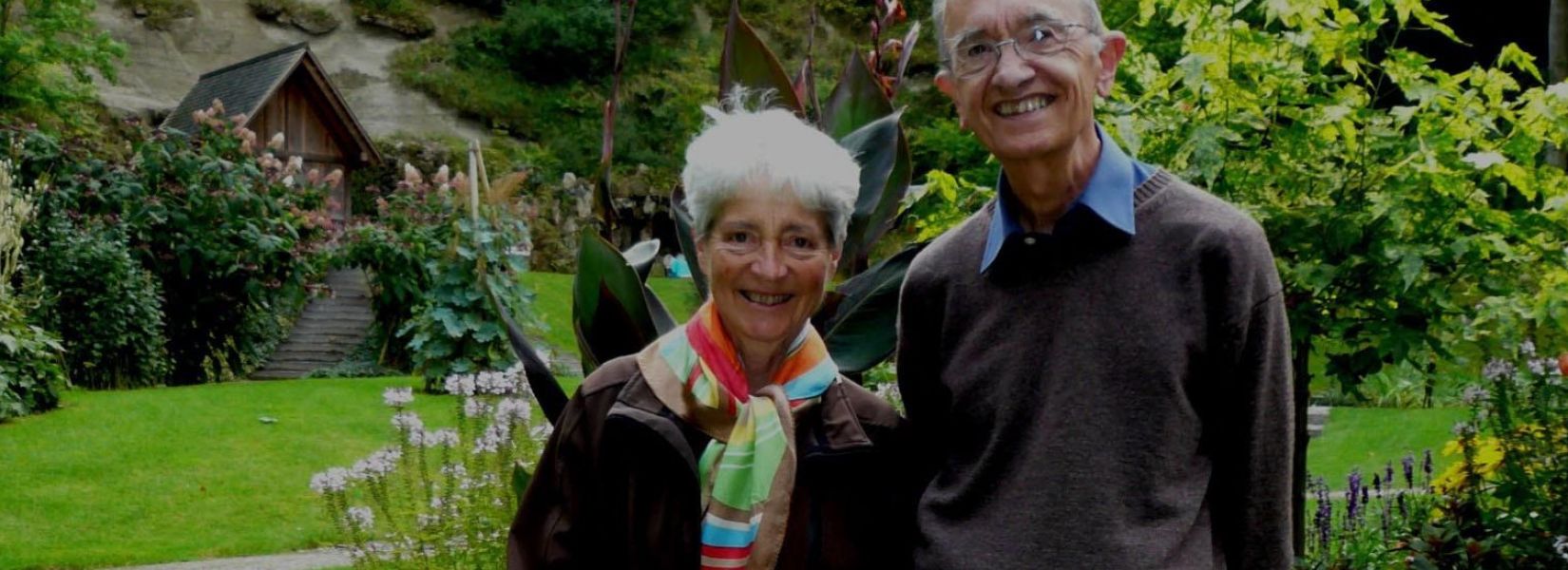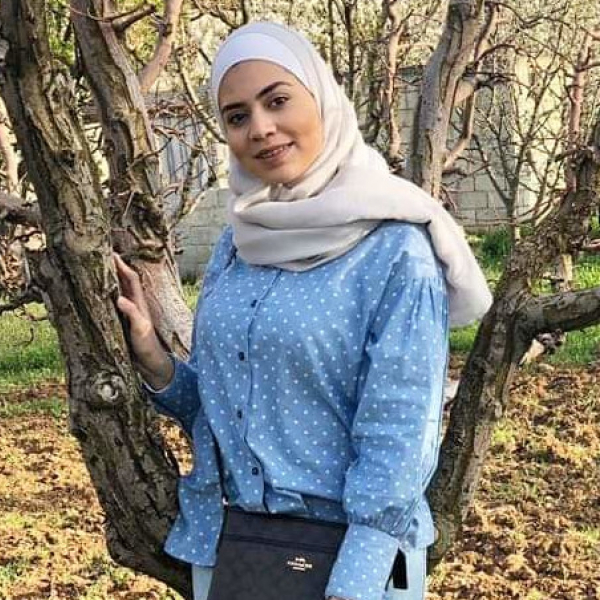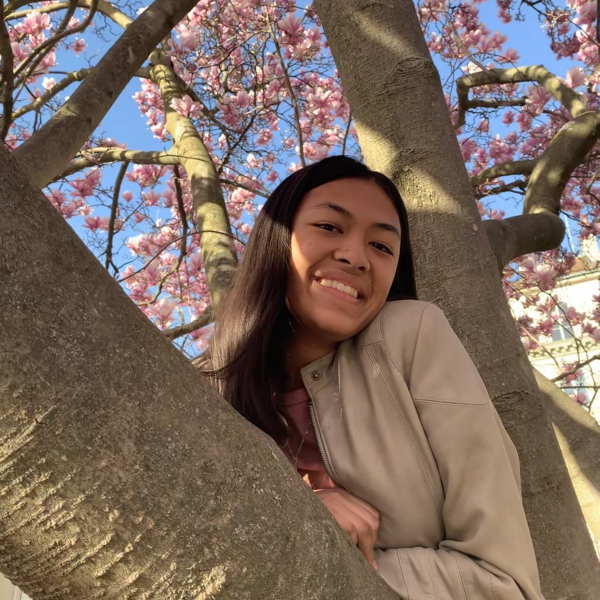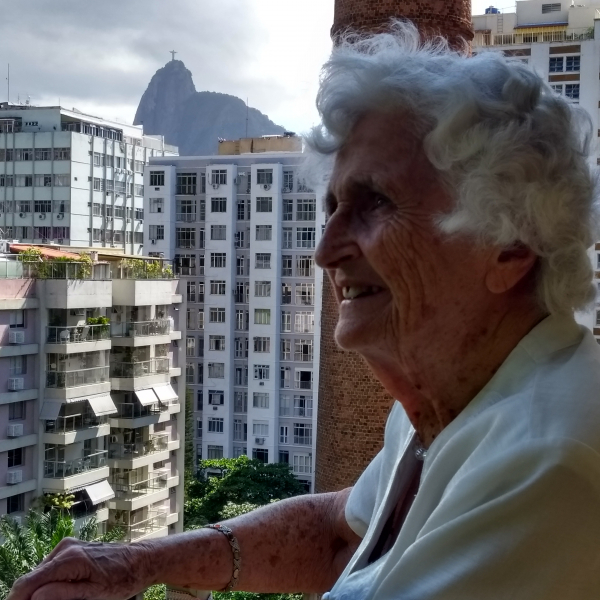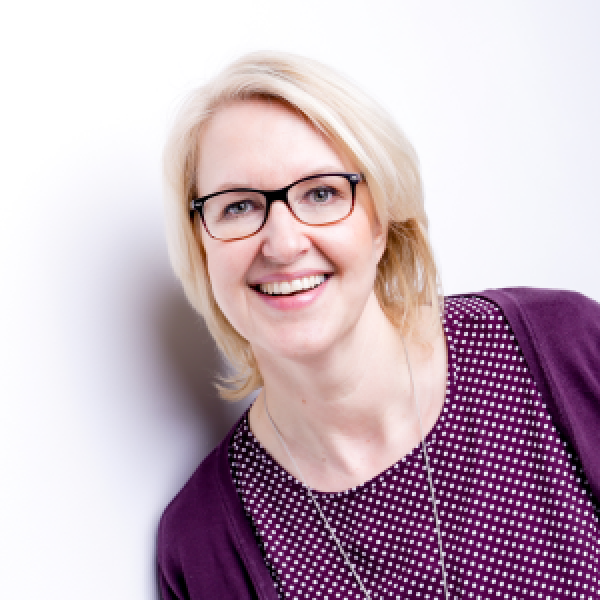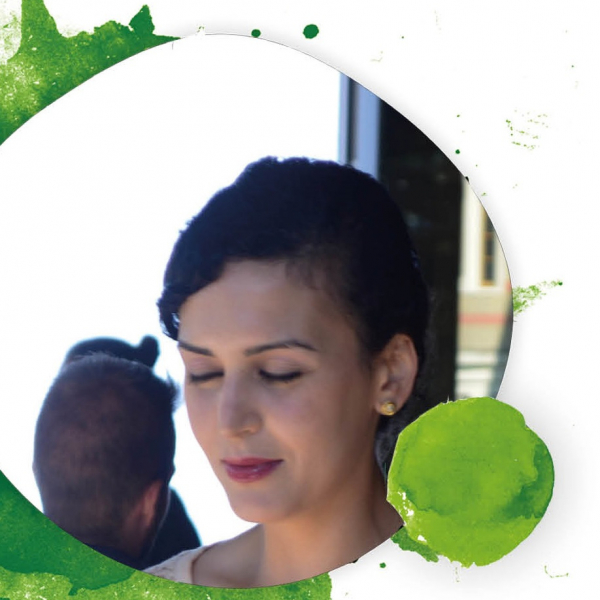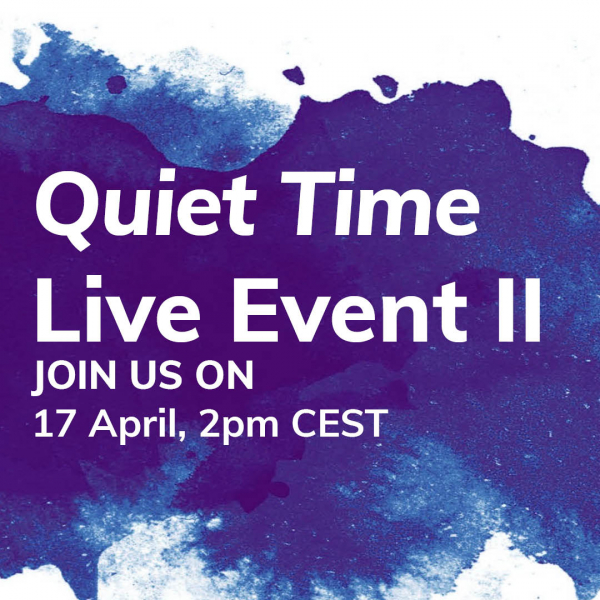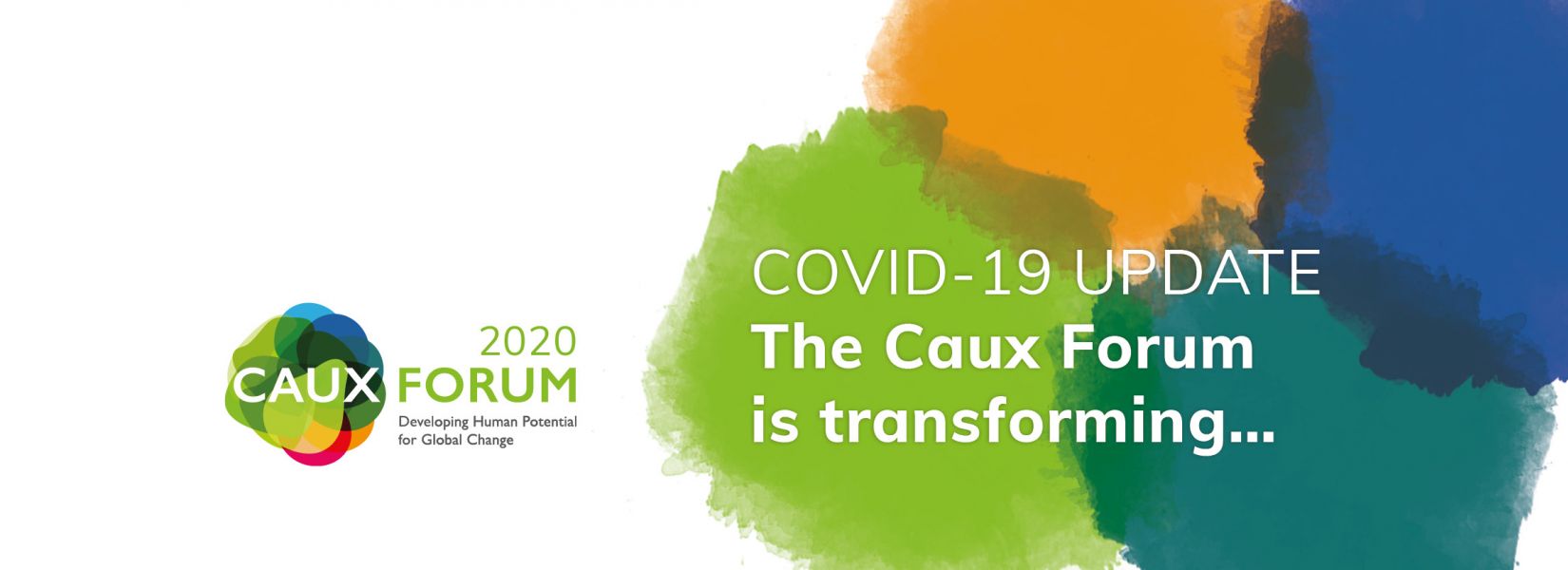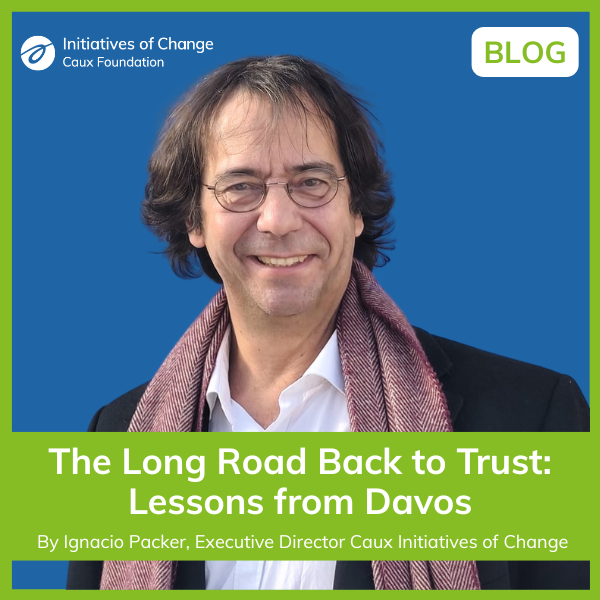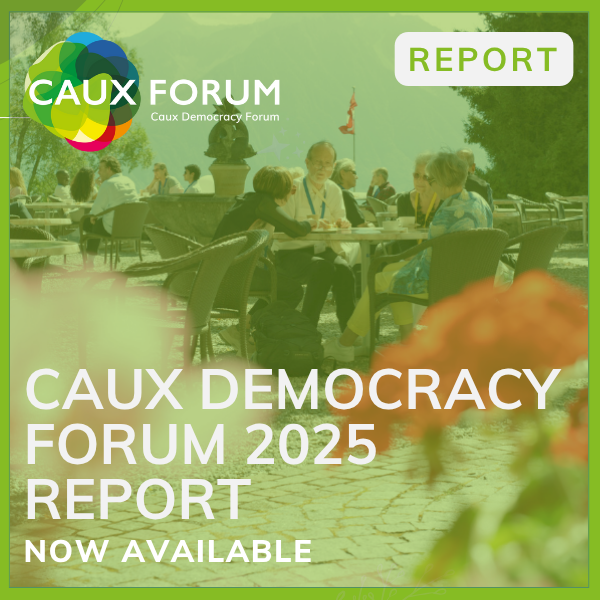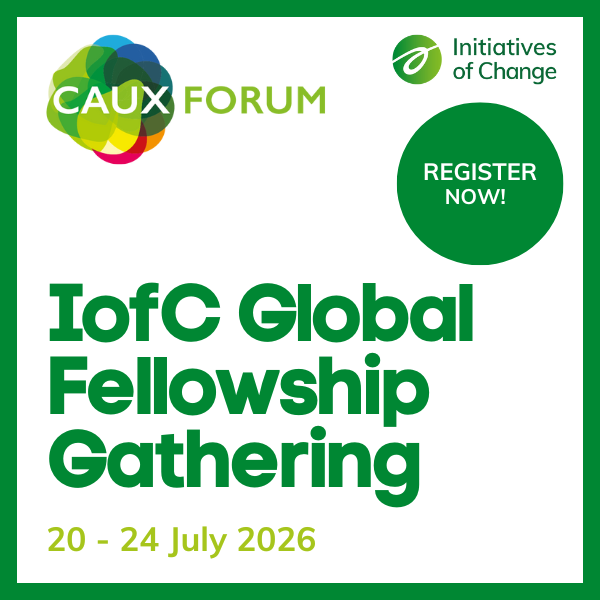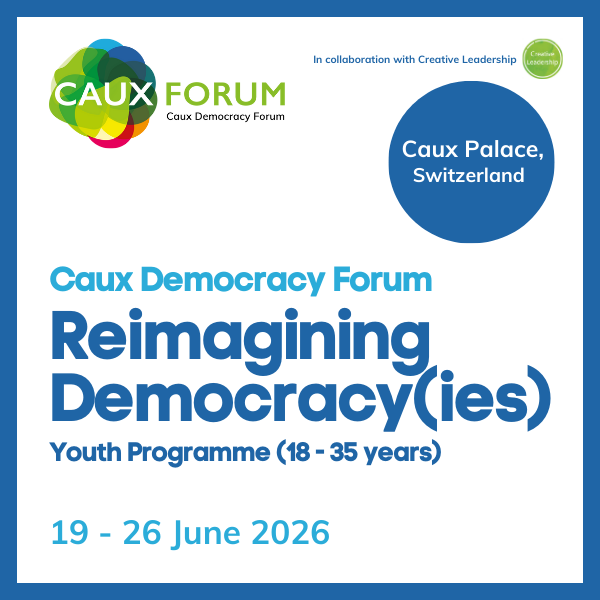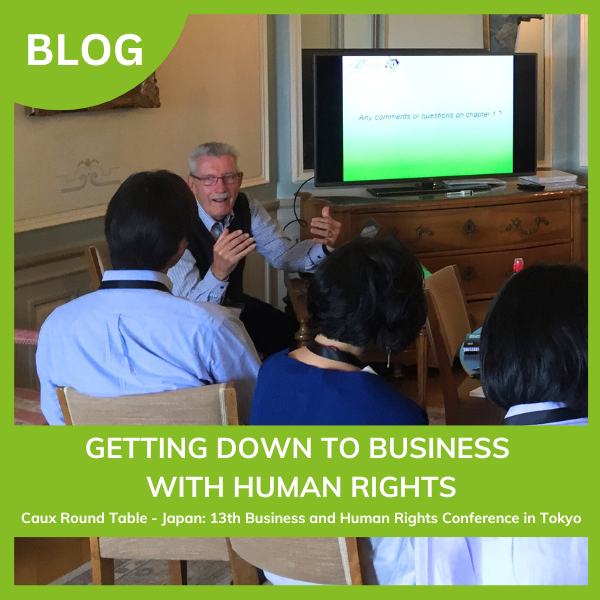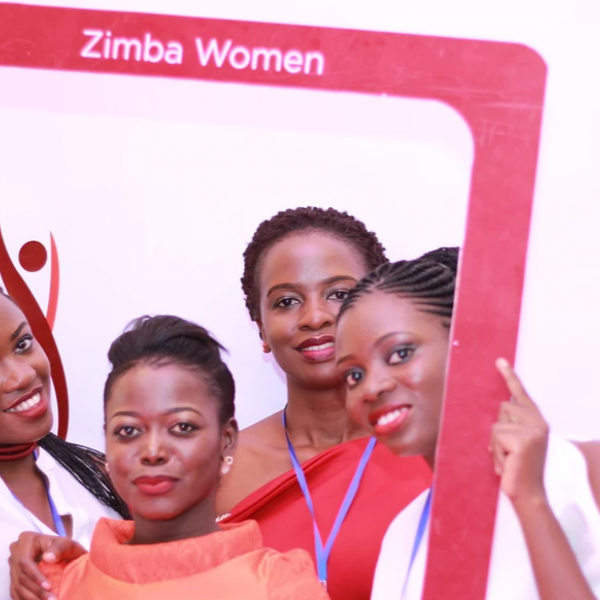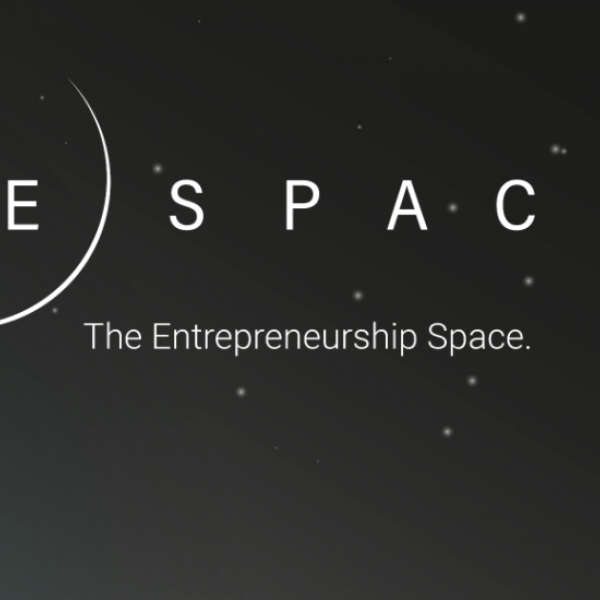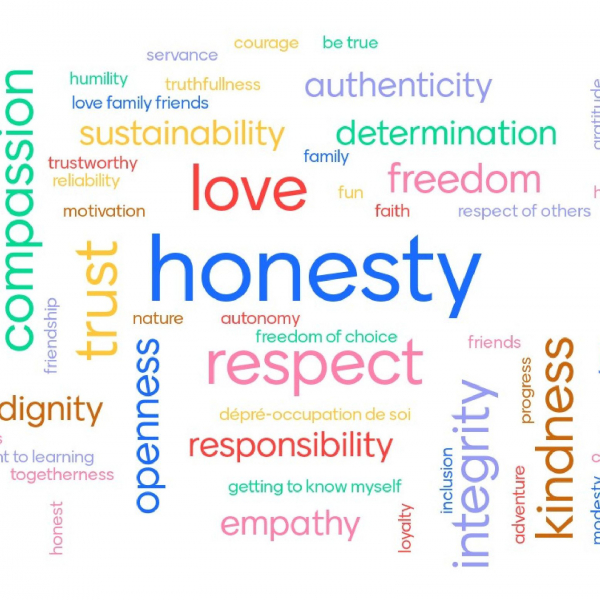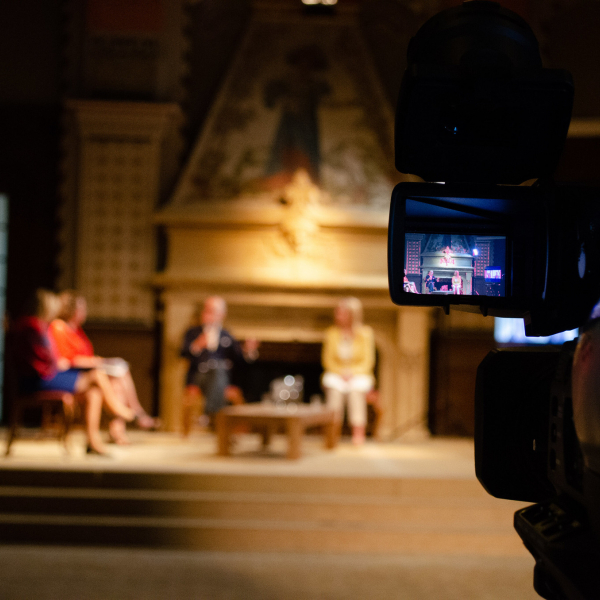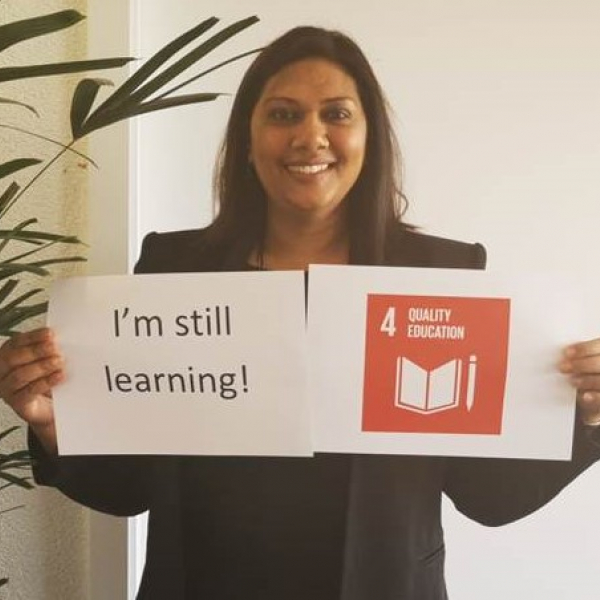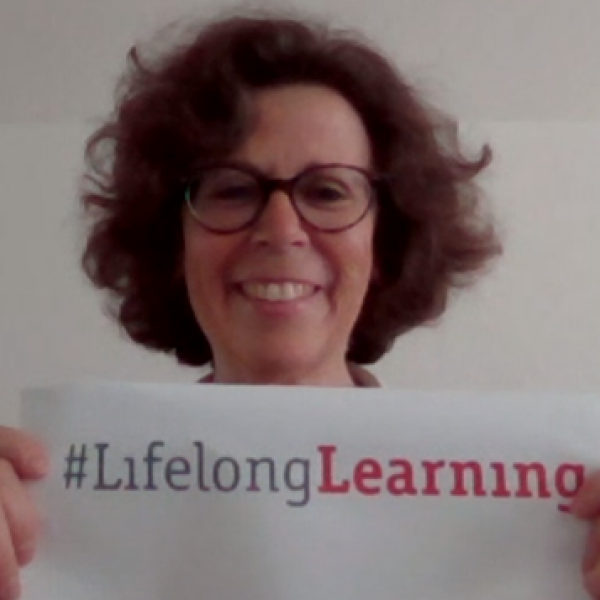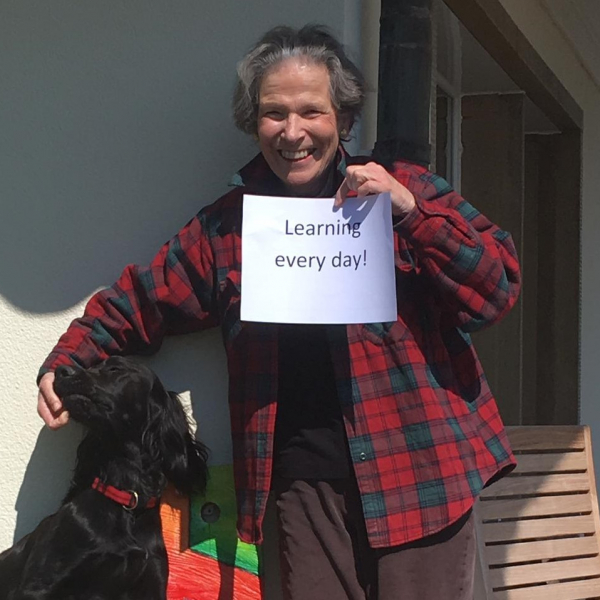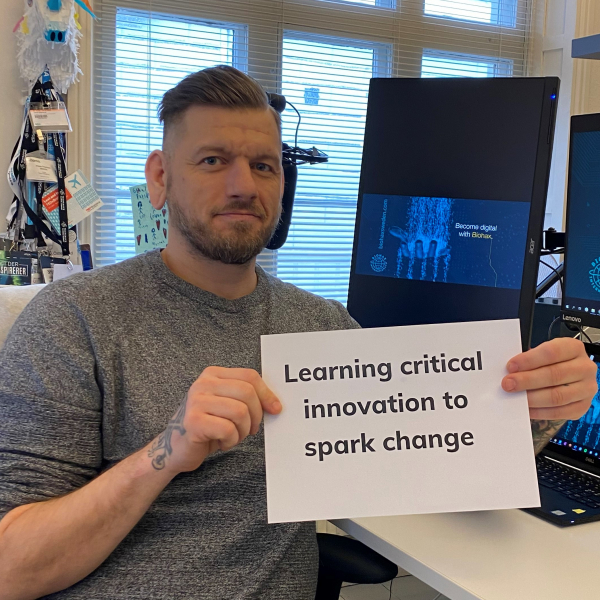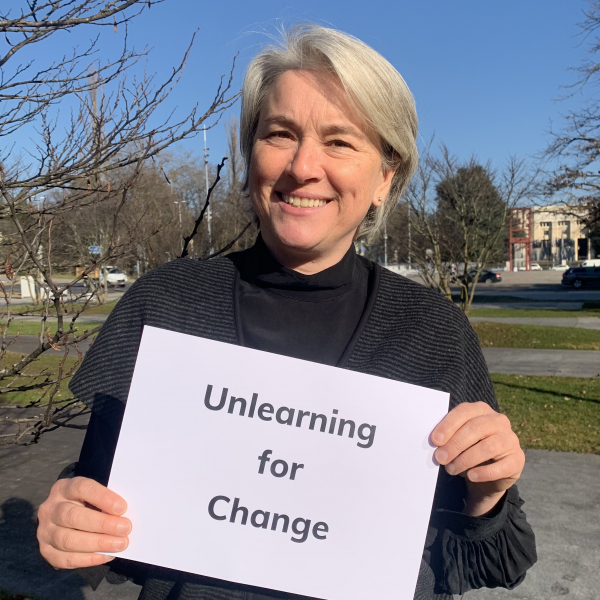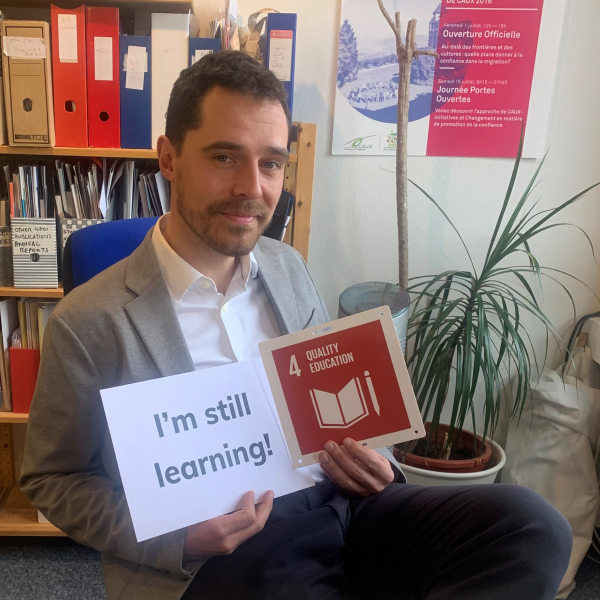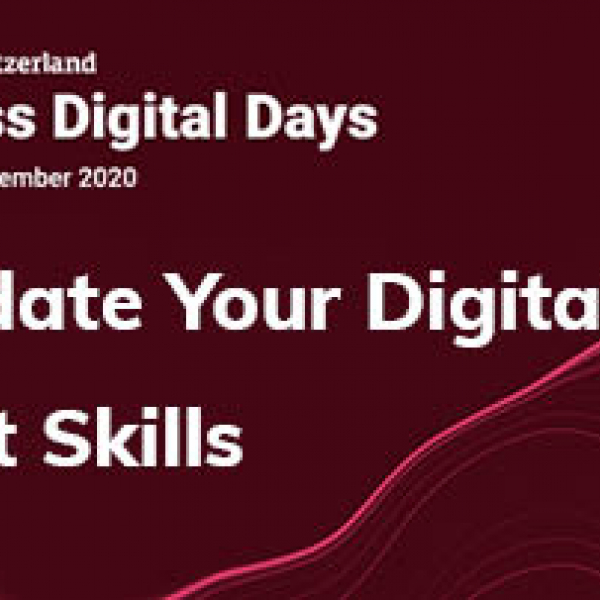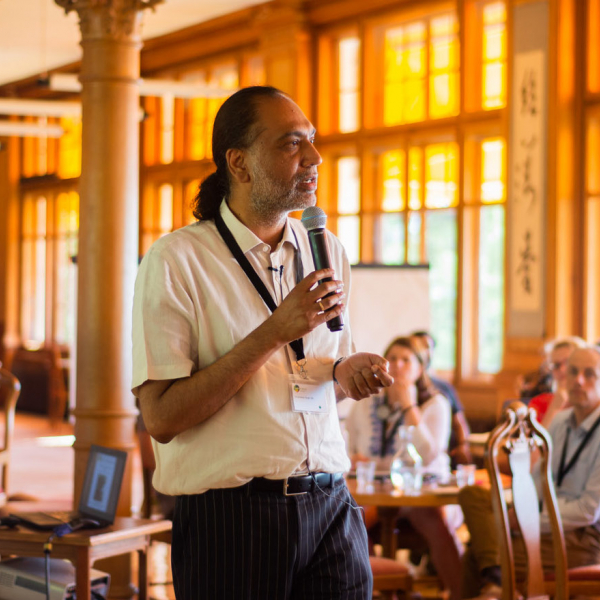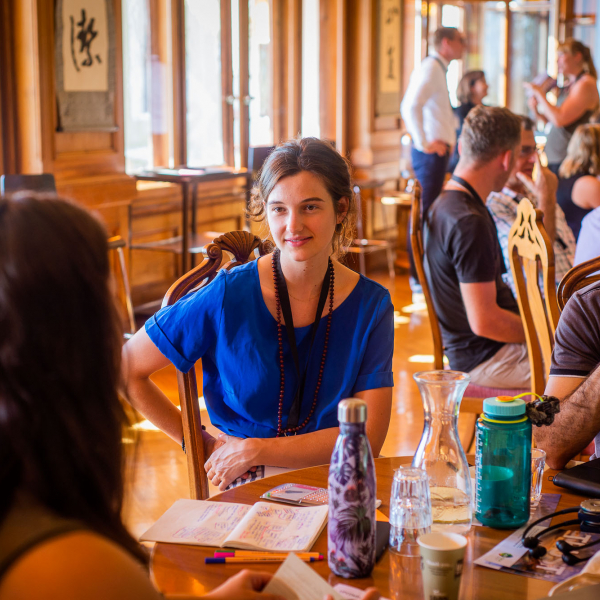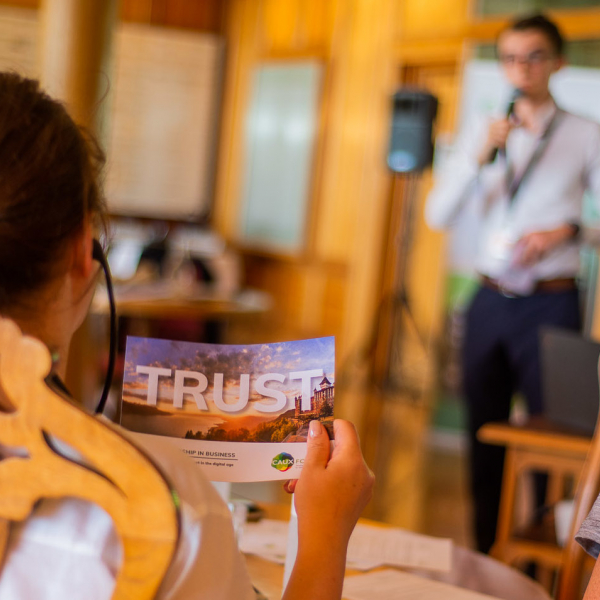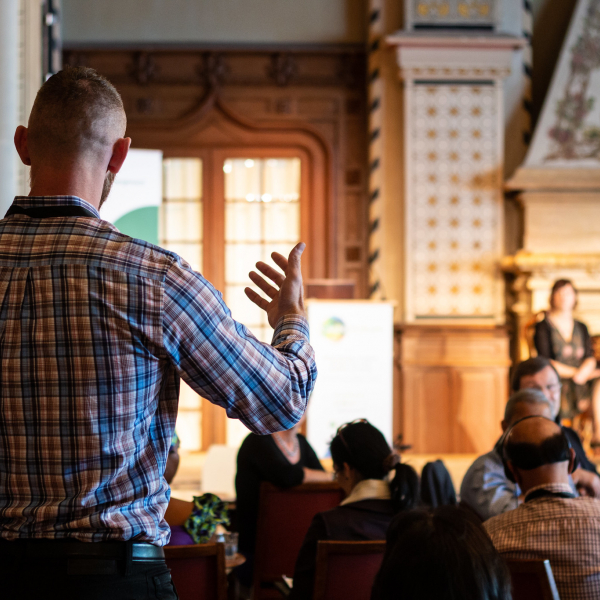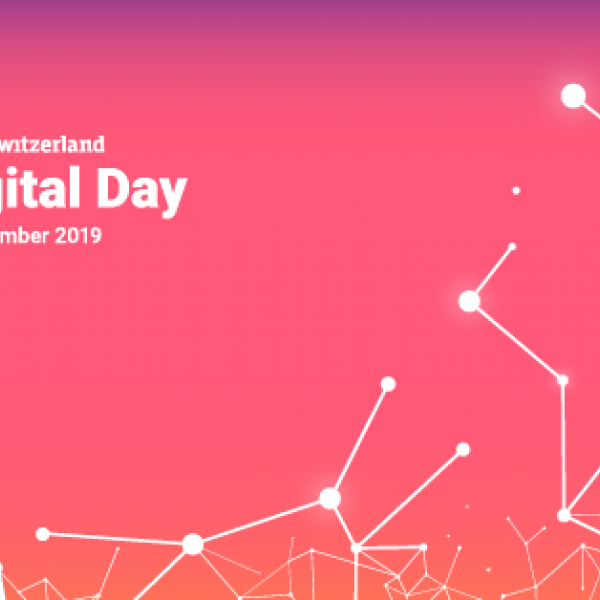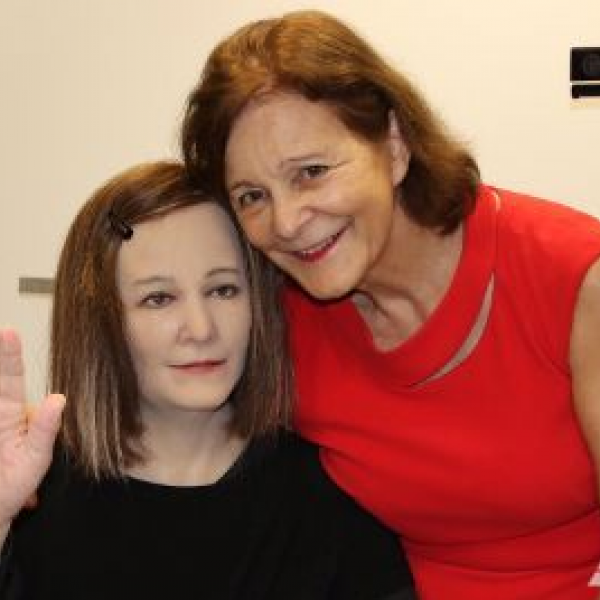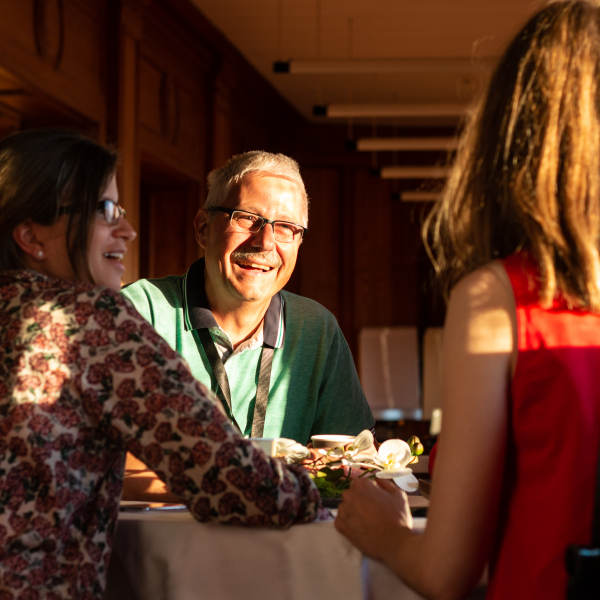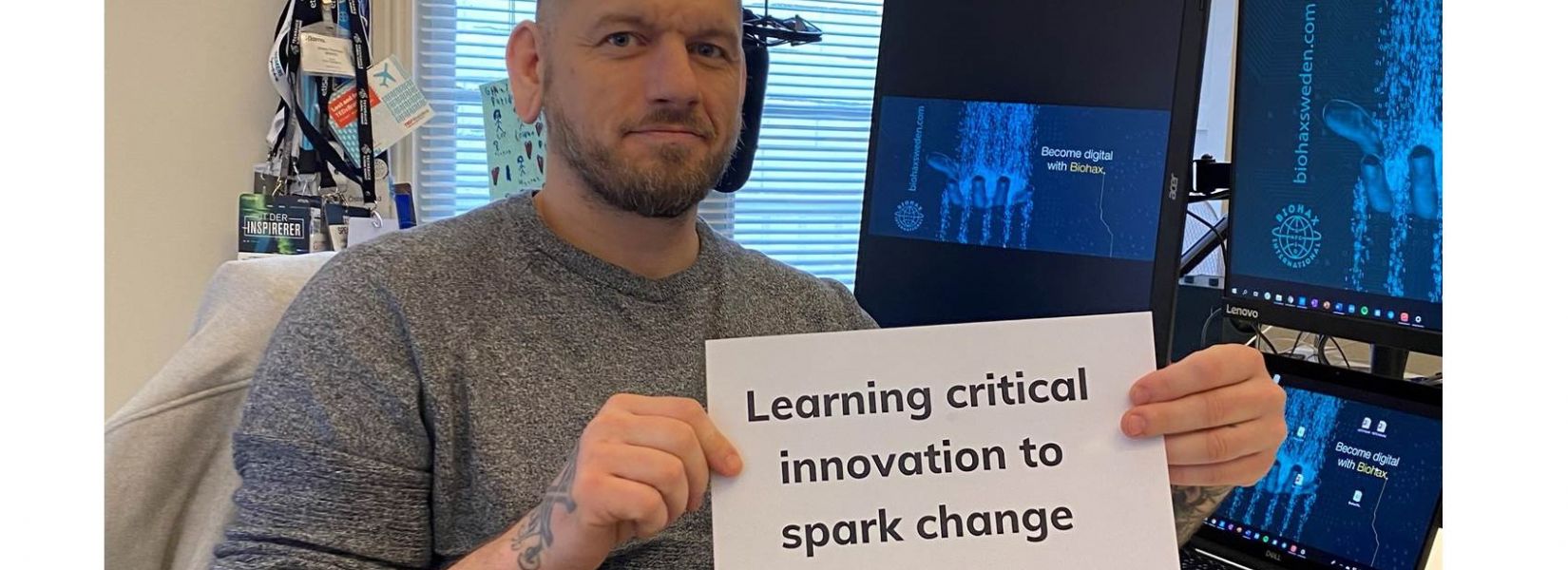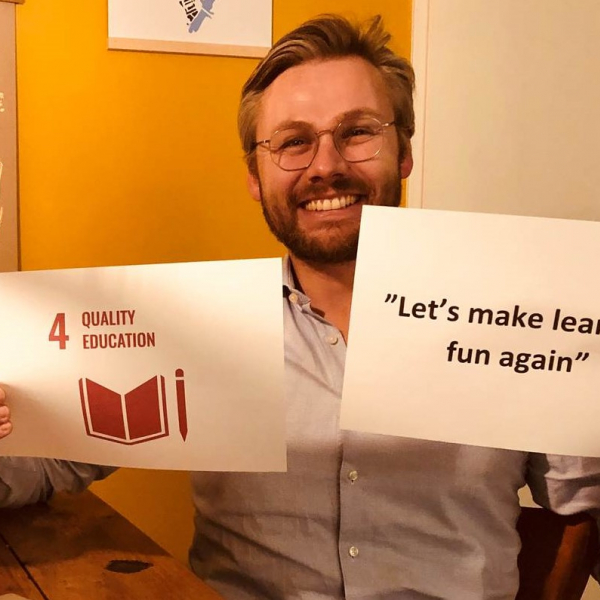What COVID-19 is teaching me: Maya Fiaux, Switzerland
27/03/2020
The COVID-19 crisis is a global challenge for people from all over the world and all walks of life. Discover our interview series how they experience the current situation and which lessons they are drawing from their time in lockdown. Maya Fiaux has been actively working for Initiatives of Change for many years and lives with her husband Jean near Lausanne, Switzerland.
What is your current situation? How is the spread of COVID-19 impacting you?
My husband Jean and I, both well over 70 y.o., live the imposed confinement without any major difficulties. We are lucky to receive all the support we need, we receive and make plenty of phone calls and messages and we enjoy to have more time for reading, writing and many other things. But at the same time we are aware of the dangerous situation of so many other people all around the world who are in great need and incredible suffering.
Describe in 3 words how you are feeling right now?
In three words right now I feel grateful, concerned and confident.
What is your biggest challenge at the moment?
My biggest challenge is to discern what is essential and to use enough time for this.
What are the lessons you have already learned from this time?
I am learning many new things, for instance:
- to receive every day as a unique gift, because of uncertainties of the future,
- to have longer quiet times,
- to depend on others for our shopping,
- to be flexible and adapt to what needs to be different,
- to discover a new s sense of proximity and belonging in spite of social distance.
Do you practise quiet time? If yes: what is your practice and how does it help you?
Quiet time is what I consider as essential in life and in particular now: First thing in the morning having prepared a hot drink, Jean and I take about 30 - 60 minutes for reading inspiring texts (e.g. in the Bible), writing thoughts down on paper and share some of them with Jean. It connects me with my inner voice and makes space for the presence of God. It gives me inner peace and it helps me to discover what is essential for the day.
What are your best tips and tricks to fight anxiety/loneliness/uncertainty (whichever you struggle most with)?
In order to fight uncertainty I use prayer. This is for me the best way to trust that there is a future we can look forward to.
How can we connect with others and support them when we have to barricade ourselves?
In order to connect with others I use phone calls to lonely friends, e-mails or postal messages for expressing gratitude, care, love, etc.
What made you laugh today?
Today I had a good laugh when I was on the phone with an old friend, who has known Jean and myself for a many years. At the end of a long call she warned me jokingly against the risk of the growing domestic violence which was mentioned on the news last night. (Those who know Jean can see the joke even if the subject is unfortunately a very sad reality in our society!)
How would you (as a person) like to emerge from this crisis?
I wish to become more aware of what is rally essential in life and of what is going on inside other people, in order to become more sensitive to their needs.
What are you grateful for?
I am grateful for
- being together with Jean,
- knowing the link to connect with our Creator through prayer and quiet time,
- the medical staff and all those working hard to fight the virus,
- the care and solidarity we suddenly notice all around us and in our country on the whole,
- our government who tries its best to cope with the situation,
- all those in the World Family of IofC, who have helped me to grow spiritually,
- every new day.
